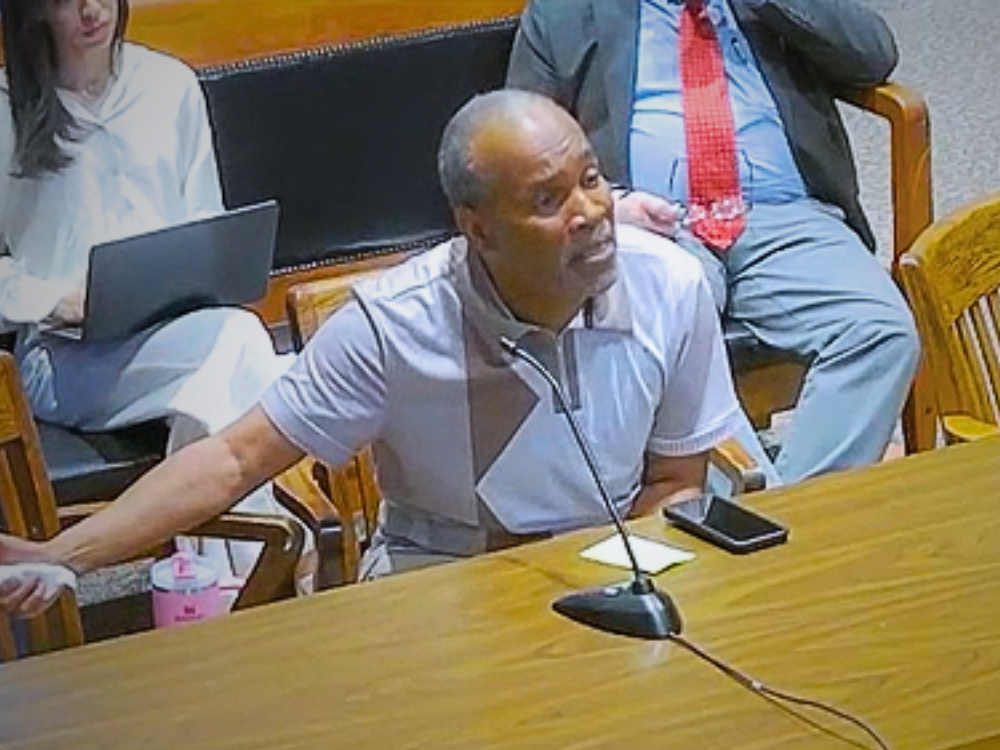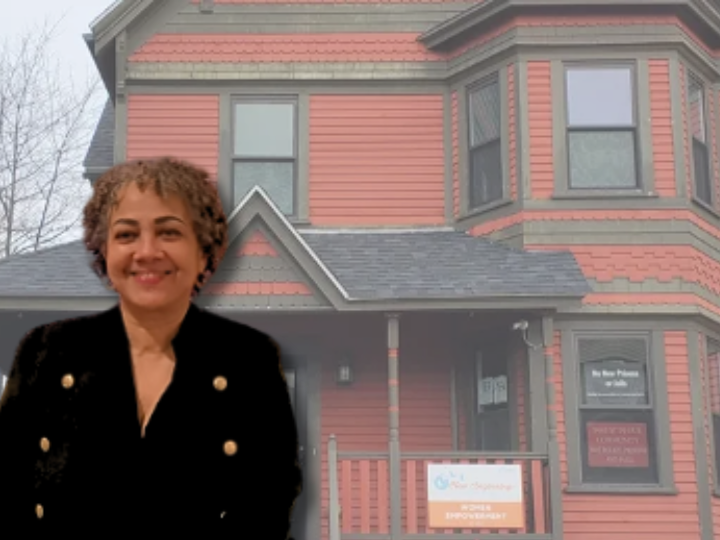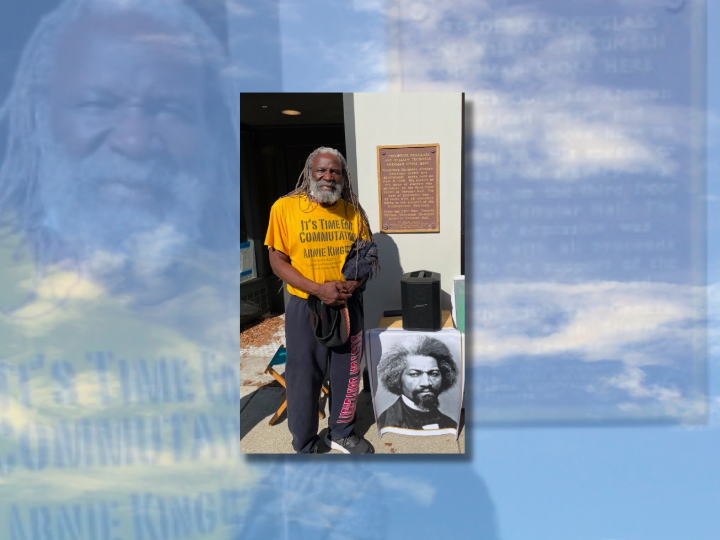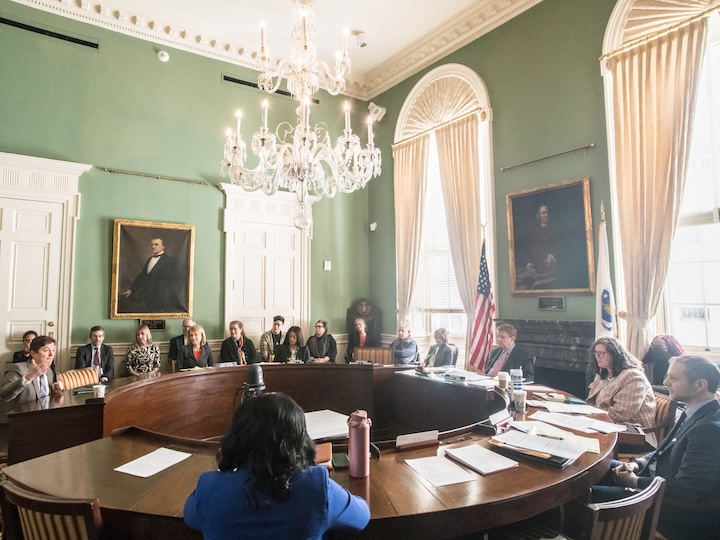
Why Is The Parole Board On The Governor’s Back Burner?
Prisoner rights advocates say outgoing Massachusetts Parole Board Chair Tina Hurley was dedicated and effective. So why is she leaving and who will replace her?

Prisoner rights advocates say outgoing Massachusetts Parole Board Chair Tina Hurley was dedicated and effective. So why is she leaving and who will replace her?

A State House briefing aims to show why the Parole Board needs more manpower and resources—now

The Massachusetts Parole Board still faces big challenges despite making some improvements this past year. Its final member was approved this week, but is the body equipped to operate efficiently?

Concerned about the “onerous conditions of parole” and longstanding cruel procedures, legislators and reform advocates push major legislative and cultural changes.

“I know that if Sarah Coughlin is appointed to the Parole Board, she will be the people’s Parole Board member.”

The state’s last prison health care contract brought despair and congressional scrutiny. Our investigation indicates that the new vendor is off to a troubling start.

Legal advocates have said the Massachusetts system for compensating victims of wrongful convictions is unfair. Here’s their plan to fix it.

Dorchester service provider for recently incarcerated individuals shifts from residential to day programs in the face of funding challenges

Arnold Leroy King, iconic prisoner rights advocate, fought for “lack of commutations being granted to exceptional and deserving individuals who are aging in the state’s overcrowded prison system.”

Influential body welcomes first members of color in 30-plus years, plus vets groundbreaking transgender judicial nominee
